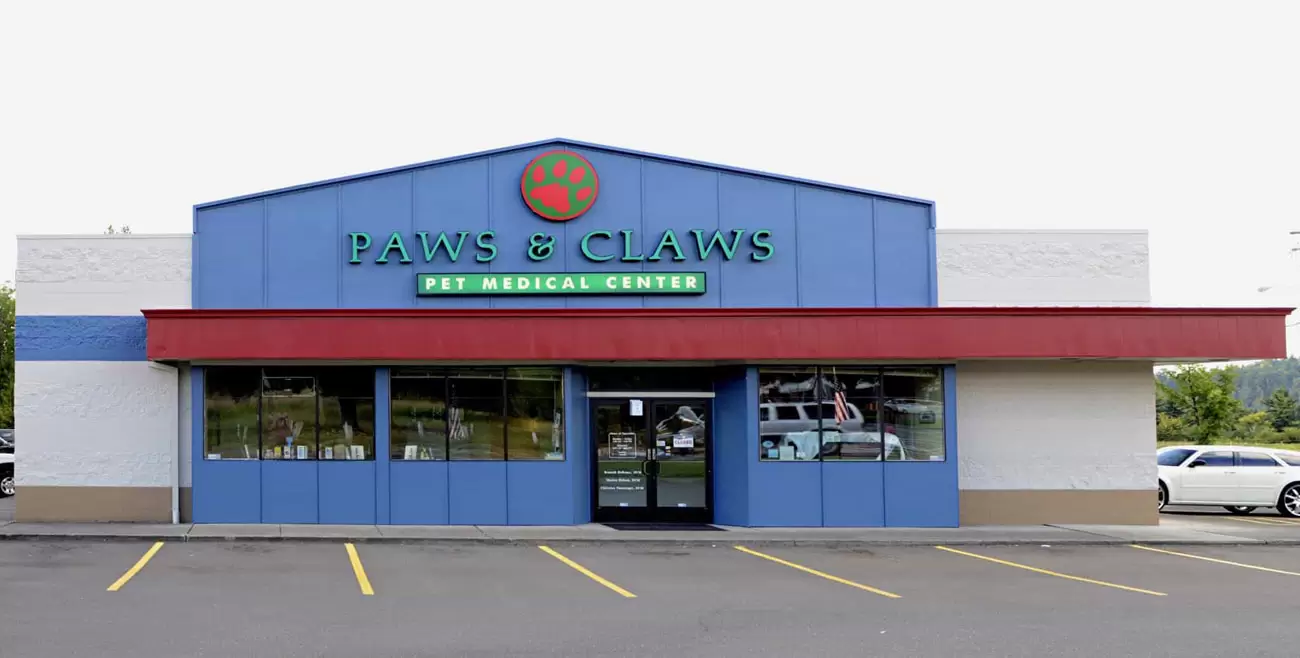Paws & Claws
Pet Medical Center
Paws & Claws Pet Medical Center proudly serves Troutdale, OR, and the surrounding areas. We are dedicated to providing quality veterinary care with friendly and compassionate service.
About Paws & Claws Pet Medical Center
At Paws & Claws Pet Medical Center, every patient matters, and so does the quality of the veterinary care they receive. Our dedicated team treats your pets like family, delivering services with love and meticulous attention to detail. For us, ensuring your pets thrive is not just a duty, it’s our heartfelt commitment.
Veterinary Services in Troutdale, OR
Our veterinary team has proudly served the Troutdale and Gresham communities since 1994, and we’re eager to welcome your beloved pets into our family. Please take a moment to discover more about us and the comprehensive pet services we provide.
Our Veterinary Team
About Our Veterinarians
Dedicated to the well-being of every pet, our veterinary team exemplifies unwavering commitment. Providing complimentary wellness exams through the Multnomah County Animal Clinic, we staunchly believe no animal should endure preventable illnesses, injuries, or parasites. Our collective effort extends across Troutdale and Gresham, actively enhancing the welfare of pets in the community.
Thank you for making us one of the highest-rated veterinary hospitals in Troutdale, OR.
Your trust and support have been instrumental in our journey, and we want you to know how much it means to us. We look forward to continuing to provide you and your pet with only the best that the world of veterinary care has to offer.








